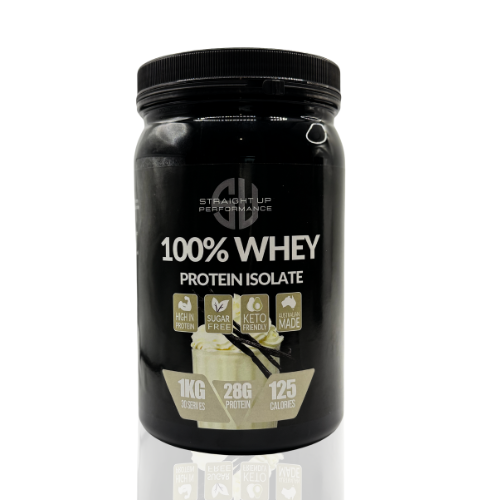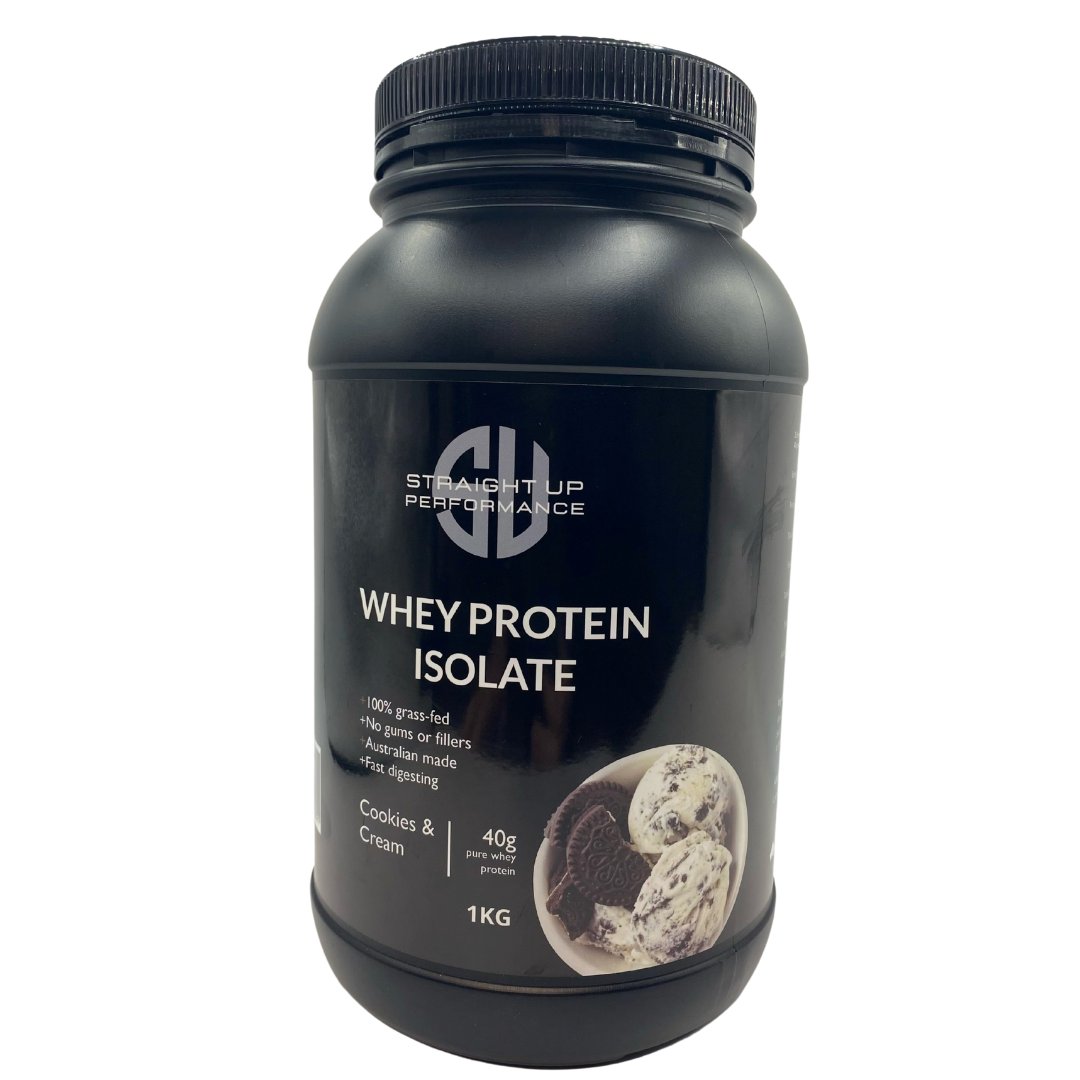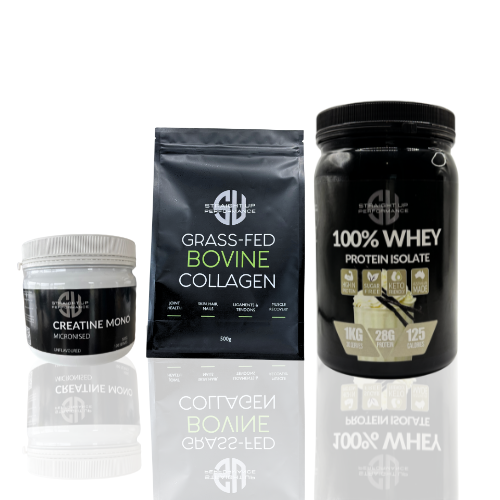As a nutrition scientist who's spent years studying the intricate relationship between what we eat and optimal human performance, I'm constantly amazed by how powerfully our food choices can influence our nights. If you're lying awake scrolling your phone at 2am wondering why sleep feels so elusive, the answer might just be sitting in your kitchen.
Let's talk about the research behind eating your way to better sleep—and trust me, it's easier than you might think!
The Sleep-Nutrition Connection: More Than Just Avoiding Coffee
We've all heard "don't drink coffee before bed," but the relationship between nutrition and sleep goes so much deeper. Good sleep starts with regularly eating food rich in nutrients, including B vitamins, carbohydrates, lycopene, lutein, melatonin, selenium, serotonin, and tryptophan. Your body is essentially running a complex biochemical symphony every night, and the right nutrients are the musicians that make it all work harmoniously.
Think of it this way: your brain doesn't just magically switch off at bedtime. It needs specific building blocks to make the hormones and neurotransmitters that guide you into restful sleep. When we don't provide these through our diet, we're essentially asking our bodies to build a house without the right materials.
The Tryptophan-Serotonin-Melatonin Pathway: Your Body's Sleep Factory
Here's where things get really interesting from a scientific perspective. Increasing tryptophan intake can lead to higher levels of melatonin and may improve sleep quantity and quality. But how does this actually work?
Tryptophan is an essential amino acid that your body converts into serotonin (your "feel good" neurotransmitter), which then gets converted into melatonin (your natural sleep hormone). You don't even need that much tryptophan in your diet to increase sleep performance, shorten your waking time during the night, and increase how you feel about your sleep quality.
The best tryptophan sources for better sleep:
- Turkey
- Milk and dairy products
- Eggs
- Salmon and tuna
- Pumpkin seeds
- Bananas
- Oats
The beauty of this approach? You get some of this amino acid almost any time you eat protein. So you don't need to overthink it—just ensure you're including quality protein sources throughout your day.
The Magnesium Magic: Your Nervous System's Best Friend
Magnesium supports sleep regulation via NMDA and GABAergic modulation. In simpler terms, magnesium helps calm your nervous system by supporting the neurotransmitters that promote relaxation and sleep. Magnesium as a micronutrient plays a pivotal role in melatonin synthesis.
Magnesium-rich foods to include:
- Dark leafy greens (spinach)
- Nuts and seeds (almonds, pumpkin seeds)
- Whole grains
- Dark chocolate (thank me later)
- Avocados
- Legumes
The Power of Whole Food Patterns
While individual nutrients matter, whole diets rich in fruits, vegetables, legumes, and other sources of dietary tryptophan and melatonin have been shown to predict favourable sleep outcomes. This is where the magic of nutrition science really shines—it's not just about isolated nutrients, but about how foods work together synergistically.
Nutrients such as tryptophan-rich foods, antioxidants, melatonin, micronutrients, and fruits positively affect sleep quality. The antioxidants in colourful fruits and vegetables don't just protect your cells during the day—they also support the cellular processes that help your body recover and repair during sleep.
The Sleep Saboteurs: What the Science Says About Caffeine and Alcohol
Now, let's talk about the elephants in the room: caffeine and alcohol. The research here is crystal clear and might surprise you with just how long these substances affect your sleep.
Caffeine's Longer-Than-Expected Impact: A recent study showed that caffeine consumption reduced total sleep time by 45 min and sleep efficiency by 7%, with an increase in sleep onset latency of 9 min and wake after sleep onset of 12 min. But here's the kicker: to avoid reductions in total sleep time, coffee should be consumed at least 8.8 hours prior to bedtime.
That means if you typically go to bed at 10pm, your last cup of coffee should be before 1pm! Caffeine reduced sleep quantity by 10 minutes per cup consumed the previous day on average.
Alcohol's Deceptive Effects: While alcohol might make you feel drowsy initially, consuming alcohol before bed can lead to frequent wakings and overall low-quality sleep. Experts recommend avoiding alcohol at least 3 hours before bed.
Your Science-Based Sleep Nutrition Action Plan
Based on the research, here's your practical roadmap to eating for better sleep:
3-4 Hours Before Bed:
- Include a balanced dinner with quality protein (for tryptophan)
- Add magnesium-rich vegetables like spinach
- Include complex carbohydrates to help tryptophan cross the blood-brain barrier
2-3 Hours Before Bed:
- Stop drinking alcohol
- Consider a small tryptophan-rich snack if you're genuinely hungry
- Herbal tea with chamomile or passionflower can be beneficial
1 Hour Before Bed:
- Light snack only if needed (think: small banana with almond butter)
- Avoid large meals that require significant energy to digest
Throughout the Day:
- Cut off caffeine by early afternoon (1-2pm for most people)
- Focus on whole foods rich in sleep-supporting nutrients
- Stay hydrated, but taper off fluids 2 hours before bed
The Bottom Line: Small Changes, Big Sleep Wins
The fascinating thing about nutrition science is how interconnected everything is. When you eat to support your sleep, you're also likely improving your energy levels, mood, immune function, and overall health. It's like a positive feedback loop that keeps building on itself.
Sweet dreams are made of the right nutrients, timing, and consistency. Your body is incredibly intelligent—when you give it the right building blocks at the right times, it knows exactly what to do with them.









